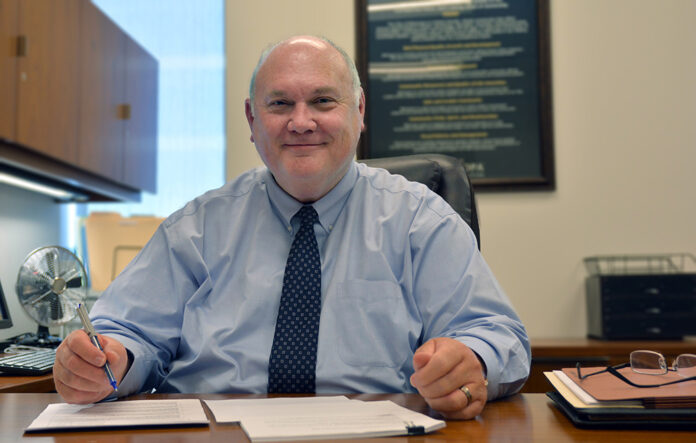
The Maricopa City Council Tuesday night increased the city’s lodging tax from 2% to 5.5%.
The tax on the “rental, leasing, and licensing for use of real property,” officially known as the transactional privilege and use tax, applies to all rented accommodations, including hotel rooms and short-term rental homes such as those found on Airbnb or VRBO. Revenues from the tax go into the city’s general fund.
According to City Manager Rick Horst, the city used the approximate average of other cities around the state to determine Maricopa’s rate. He also pointed out a major benefit to the tax increase.
“What is critical here is that these are tourists paying this tax, not local taxpayers,” he said. “They come into our community, and they do have an impact on our community if it’s overnight. It’s capturing the impact these visitors have on the city. They call, and they need police, and they need fire and all these services, too.”
Horst noted the pass-through tax will be added to guest rates charged by hoteliers and owners of short-term rental properties. While there are currently very few short-term rental homes in town, he said the process is the same as for hotels: they register with the state and the state collects taxes based on the number of nights the homes are rented.
The future could be different in that regard, Horst said, as the city begins to add attractions along its “adventure corridor.”
“We don’t have a lot of Airbnbs in town right now,” he said. “I do think there are some. But we think there will be more in the future as some of our new attractions come online.” He added that once the city reaches a certain size (he admitted he did not remember the population number), the privilege and use tax revenues are required by Arizona law to be dedicated toward tourism, beautification and similar uses.
“Ultimately as we push our adventure corridor, if we want to begin market those things, these revenues can help with that,” he said. “Whatever beautification projects you might have like cleaning up the entries to the city, you can begin to address those things by having this tax pay for it rather than the people who live here.”

![MHS G.O.A.T. a ‘rookie sleeper’ in NFL draft Arizona Wildcats wide receiver Jacob Cowing speaks to the press after a practice Aug. 11, 2023. [Bryan Mordt]](https://www.inmaricopa.com/wp-content/uploads/2024/04/cowing-overlay-3-218x150.png)




![Maricopa’s ‘TikTok Rizz Party,’ explained One of several flyers for a "TikTok rizz party" is taped to a door in the Maricopa Business Center along Honeycutt Road on April 23, 2024. [Monica D. Spencer]](https://www.inmaricopa.com/wp-content/uploads/2024/04/spencer-042324-tiktok-rizz-party-flyer-web-218x150.jpg)





![Alleged car thief released without charges Phoenix police stop a stolen vehicle on April 20, 2024. [Facebook]](https://www.inmaricopa.com/wp-content/uploads/2024/04/IMG_5040-218x150.jpg)

![MHS G.O.A.T. a ‘rookie sleeper’ in NFL draft Arizona Wildcats wide receiver Jacob Cowing speaks to the press after a practice Aug. 11, 2023. [Bryan Mordt]](https://www.inmaricopa.com/wp-content/uploads/2024/04/cowing-overlay-3-100x70.png)


